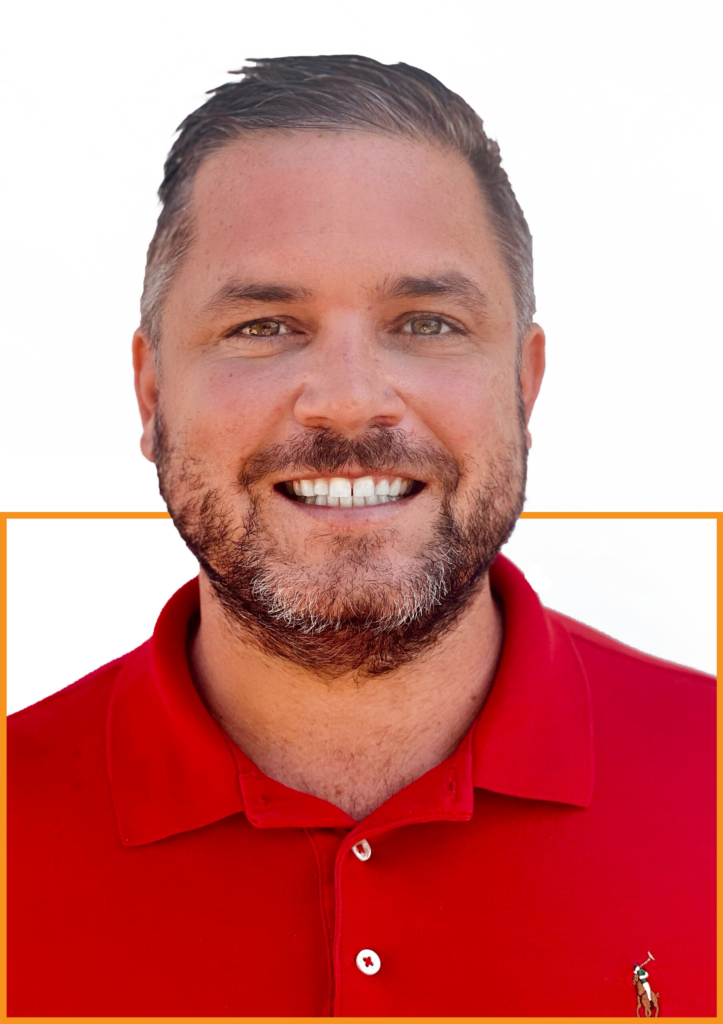Did you ever watch the show Intervention on A&E?
You’ve probably caught at least an episode or two during the last 15 years it’s run on TV. The show offers millions of viewers a rudimentary idea of what happens during the process of an intervention. It provides a look into what life is like for people who struggle with substance abuse as well as the family members and friends who love them.
Like all primetime television shows, though, the significant dramatization of Intervention keeps viewers engaged with the program episode after episode. While the show might have made you at least somewhat familiar with what an intervention is, conducting one effectively in real life looks a bit different.
If you have a loved one who misuses drugs or alcohol, you may have considered conducting an intervention at one point or another. However, you need to understand what intervention looks like before any attempts to help your loved one can succeed.
What does an effective intervention look like?
What is an Intervention?
People who have a problem with their substance use often struggle to see or acknowledge that their behavior is problematic. This often confuses family members who have a clear picture of how unsettling their loved one’s actions are. But denial is commonplace among people with substance use disorders and makes it hard for them to admit they need help.
An intervention is a focused, carefully planned approach to confronting your loved ones about their drug or alcohol use and encouraging them to accept treatment. It’s a process that usually involves the people closest to them, typically parents, siblings, children, or some friends. Families that are serious about helping their loved ones also incorporate a substance abuse specialist who guides the intervention and keeps everyone on track.
The TV show Intervention often made the process look like it’s always an explosive altercation but that’s far from the truth. It shouldn’t be a shouting match, it shouldn’t involve doors slamming, and it shouldn’t end in any meltdowns. A key component of an effective intervention is ensuring everyone remains calm and avoids resorting to anger or blame.
Prepare Well in Advance
The best way to keep everyone on the same page during an intervention is to prepare. You should never conduct a hasty or unplanned intervention; this is guaranteed to end poorly and looks more like a scene out of the dramatic television show.
Instead, allow everyone adequate time to plan what they want to say. Keeping the intervention somewhat scripted helps people avoid becoming agitated or hysterical and derailing the confrontation. Each person should write a short letter describing how important their loved one is and why they want to see them get the treatment they need.
If you choose to hire a substance abuse and recovery professional, they’ll outline how the intervention will go. Most speak with each person who will be present to go over what their particular struggles are and help them prepare what they want to say. These individuals are familiar with the various difficulties and drawbacks that come with the intervention process.
You should also pre-plan a treatment program for your loved one should they decide to say yes. Waiting to find a facility until after the intervention creates unnecessary stress and uncertainty. Have a program lined up that you can take them to immediately to eliminate any downtime where they may retract their decision.
Ultimately, the more prepared you are, the more effective your intervention is likely to be.
Self-Conducted vs. Professionally Guided Interventions
Something to consider when deciding on intervention is whether to incorporate a substance abuse specialist in the process. Some choose to handle the intervention with just family and friends present while others include a professional. While involving an interventionist is not a requirement, it is something that can make a notable difference.
You may feel tempted to only bring family and friends into your intervention. It might feel strange bringing someone who doesn’t know your loved one into such an intimate and difficult interaction. Or maybe you hesitate at the possible cost of working with a professional in the substance abuse field.
However, interventionists are completely familiar with how the intervention process works. These individuals have extensive experience conducting and overseeing these interactions. They’ve seen approaches that work and approaches that don’t. They know how to prepare everyone involved, how to bring the topic up with your loved one, and how to effectively invite them to accept help.
The more focused and direct your approach is, the better the chances of your loved one agreeing to treatment. This means that involving an interventionist also increases the likelihood that your loved one will accept help. Some research shows that hiring an interventionist can raise intervention success rates as high as 80-90%.
Another important component that professional interventionists bring is the ability to guide the intervention. You’re only going to resort to intervention once you’ve tried some other approaches. This likely means you and your loved ones have hurt for months or years by this point.
It’s crucial that everyone avoid emotional outbursts, placing blame, or guilt-tripping their loved one. When you’ve suffered for as long as you have, though, managing these reactions can feel impossible. A professional interventionist will ensure the process runs smoothly, allow everyone to be heard, and limit the need for emotional reactivity.
Don’t you want the best possible chances that your loved one will get help?
Effective Interventions Are a Family Affair
The effects of drugs and alcohol on a person are usually very clear. They take a toll on your loved one’s physical and mental health and impinge on their performance, reliability, functioning, and more. It’s difficult to live a happy, productive, enjoyable life while abusing drugs and alcohol.
However, people too often forget about the silent victims of addiction: the family. Addiction’s hurtful effects are not only confined to the person who abuses substances. Each family member feels the impact of your loved one’s substance use and develops their way to cope with the situation.
Conducting an intervention for your loved one without getting the rest of your family to commit to change will not lead to lasting recovery. All this does is facilitate a short reset period for a few weeks before things return to the way they were. If everyone else refuses to acknowledge the family enmeshment and retains their harmful coping skills, it won’t take long for your loved one to return to substances.
Find Help For Yourself Too
Committing to change and supporting your loved one’s recovery means finding help for yourself, too. An intervention is only the first part of the process and is useless without addressing all the aspects that contribute to an unhealthy environment. While your loved one is in their treatment program, it’s a good time for you to seek support and guidance as well.
Emerge is a program designed and dedicated to addressing the systems that keep your loved one sick. This includes uncovering what is holding your loved one back and getting clear on how to remove these roadblocks to recovery. We’re here to help you recognize where change can be made so your family can move forward most effectively.
If you’re ready, schedule your free 30-minute Recovery Activation Call where we’ll chart an individualized course to wellness for your loved one and your family. It’s an opportunity for you to express your fears while preparing to take action. You’ll leave with a new understanding of the exact next steps you can take to help your child find long-term recovery. Take the initiative and reach out today.












